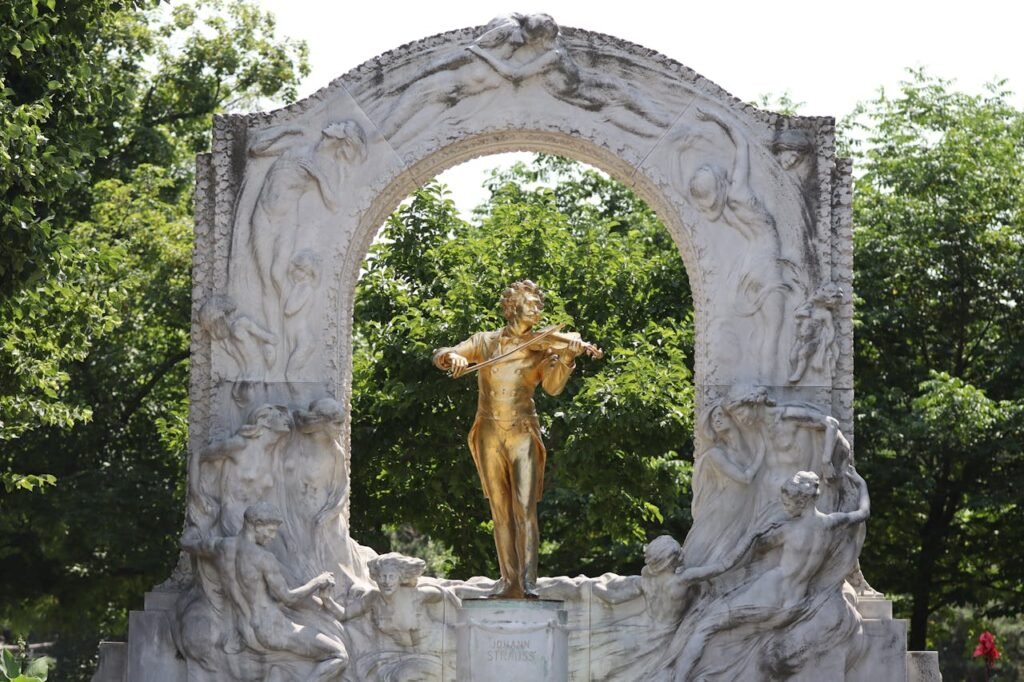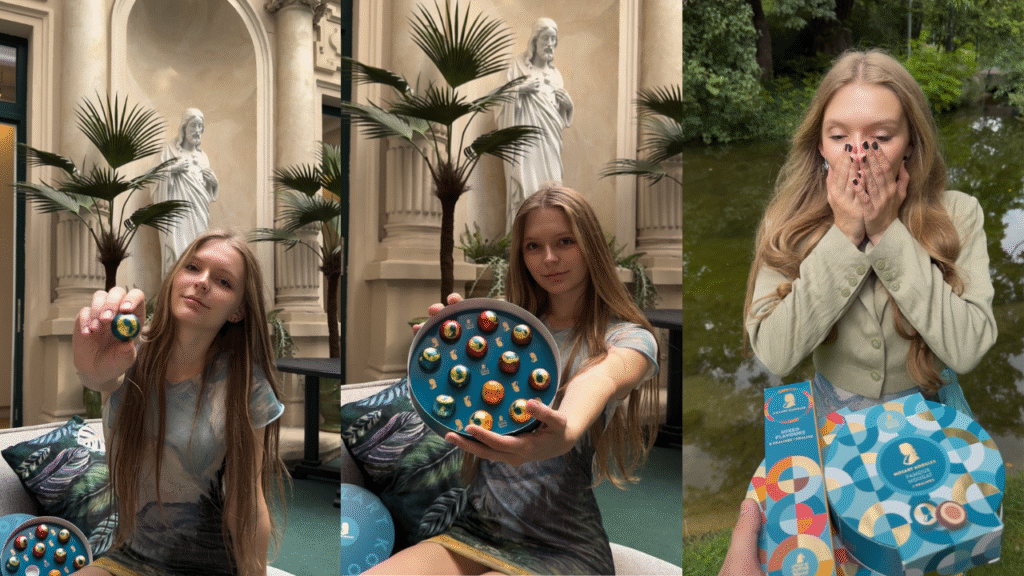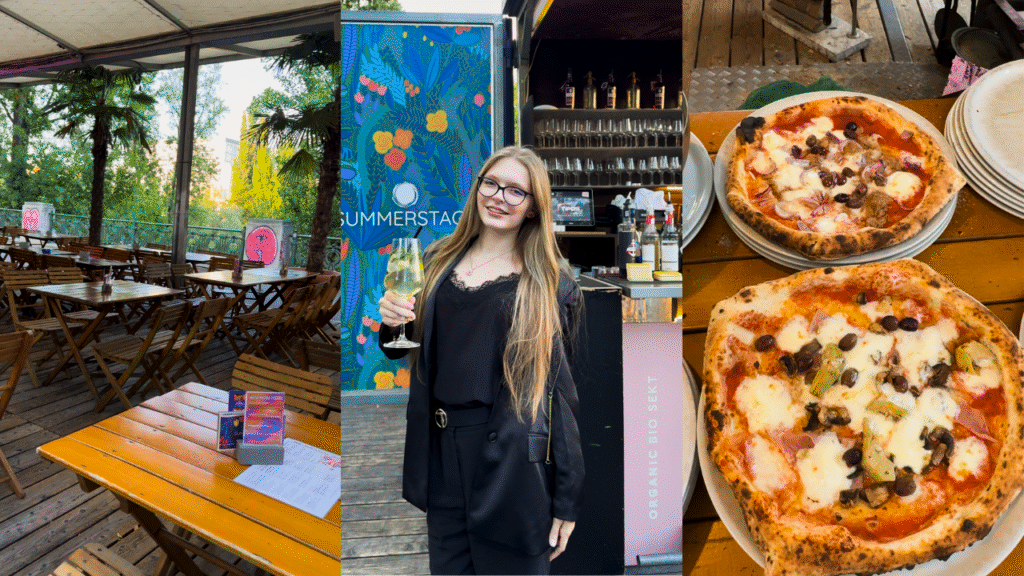Austria is known for its stunning alpine landscapes, historic architecture, and classical music legacy. But beneath the surface lies a rich and nuanced culture shaped by centuries of tradition, regional identity, and social norms. For international visitors and newcomers, understanding these cultural differences can make the experience smoother and more rewarding.
Formality and Politeness
Austrians tend to be more formal than some other European cultures. Titles and last names are used frequently in both professional and social settings. It’s common to address someone as “Herr” (Mr.) or “Frau” (Mrs./Ms.) followed by their surname until invited to use first names. A firm handshake and direct eye contact are expected when greeting someone.
Punctuality is a Sign of Respect
Timekeeping is taken seriously in Austria. Being late for an appointment, business meeting, or even a casual lunch is considered impolite. Punctuality is seen as a sign of respect and reliability. Whether you’re taking public transport or meeting someone for coffee, arriving on time is always appreciated.
Quiet and Order in Public Spaces
Austrians value quietness and order, especially in shared spaces like public transportation, apartment buildings, and shops. Speaking loudly on the phone or in groups is discouraged. Respect for rules, cleanliness, and social etiquette is deeply ingrained and contributes to the efficiency and calmness of daily life.
Dining Etiquette and Mealtime Culture
Austrian cuisine is central to social life. Meals are often enjoyed slowly, and table manners are important. Don’t start eating until everyone is served and someone says “Mahlzeit” or “Guten Appetit.” Tipping is customary, generally rounding up to the nearest euro or adding 5–10% in restaurants. If invited to someone’s home, bring a small gift, like flowers or chocolates.

Work-Life Balance and Vacation Time
Austria maintains a strong work-life balance. Employees enjoy generous vacation time and public holidays, and it’s common to see businesses close early or shut down completely during holidays or weekends. The culture places high value on family time, leisure, and nature, with many Austrians heading outdoors for hiking, skiing, or simply relaxing.
Regional Identity and Dialects
While German is the official language, Austrian German includes distinct vocabulary and regional dialects that vary significantly across the country. People in Vienna may speak quite differently from those in Tyrol or Styria. Locals take pride in their regional identity, traditions, and cuisine, so showing interest and respect for local customs is always welcomed.
Reserved but Friendly
Austrians may seem reserved at first, but they are friendly and warm once a relationship is built. Small talk is not as common, especially with strangers, but friendships and professional relationships are often long-lasting and meaningful. Don’t mistake initial formality for coldness — it’s simply part of the culture.
Environmental Awareness
Austria is among the most environmentally conscious countries in Europe. Recycling is taken seriously, public transport is efficient, and sustainability is part of everyday life. Visitors are expected to separate their trash properly, respect nature, and follow rules in parks and alpine areas.
Final Thoughts
Understanding Austria’s cultural differences helps foster respect, smoother interactions, and a more enriching travel or living experience. Embrace the customs, observe how locals behave, and take the opportunity to learn from a culture deeply rooted in tradition, yet open to modern global life.




